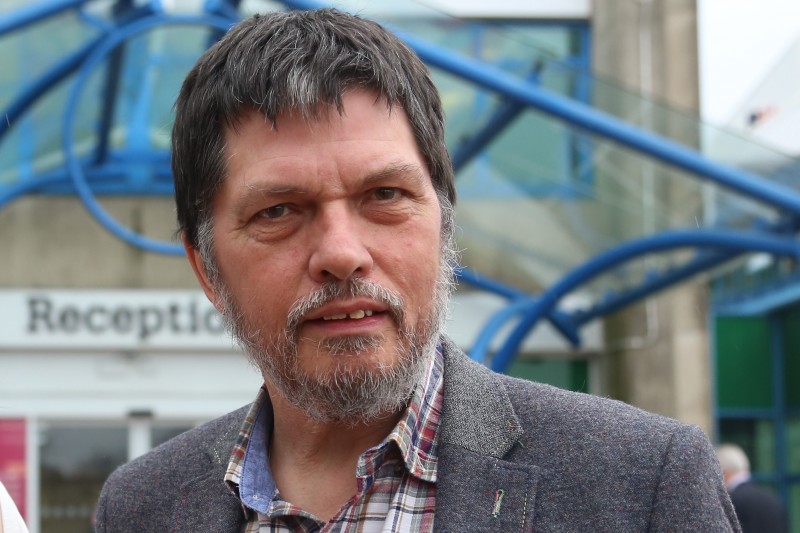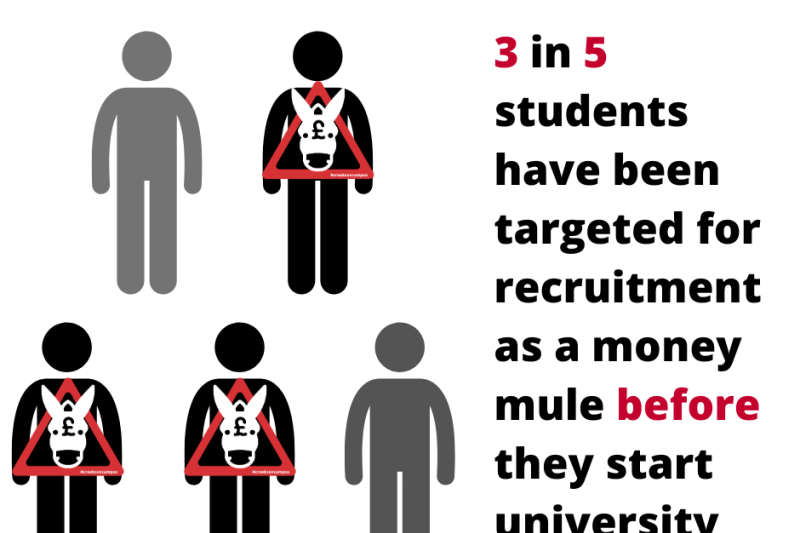Emily, who is a third year psychology student at Bournemouth University (BU), is undertaking a study which looks into the perinatal effects of a traumatic birth and how fathers cope in the aftermath of such an event.

Around 10 per cent of fathers become depressed before and after birth, potentially leading to post-traumatic stress disorder (PTSD), with support available from a number of groups for women experiencing symptoms, but little to no services available for men.
Emily said: “When I was on placement in third year, I got an email from all of my lecturers, talking about all of the different studies they wanted to go into and I saw Andy [Mayer’s] which focused on dads, which I’d not really seen before – a dad’s perspective of birth trauma, so I thought I’d want to do that one.
“We’ve found that it’s generating a lot of discussion and making people more aware of what’s happened to them, how they can help others and how they can seek help themselves, so even already, before we know the findings, it’s had a lot of impact on people.”
She added: “It’s been really exciting – I didn’t think that research could be this exciting and could mean so much. I never thought I’d go down a research route, but this has definitely made me feel like this is something I could do in the future.”
Dr Andrew Mayers, Principal academic in perinatal mental health at BU, is working with Emily on the project: “Emily has been inspired right from the very beginning. It’s been a pleasure – what we are trying to do with the undergraduate programme is divert some of the work that we, as experts, are already doing through to undergraduates in a limited extent, that they can take this forward, and it’s working very well.”
He added: “Quite often, these relationships develop into wider research, with undergraduates going on to become researchers themselves, leaving a legacy which is great.
“There’s been a little bit of work recently looking into father’s mental health in terms of post-natal depression, but there’s not been much work done in the controversial area of birth trauma. When a mother goes through a traumatic birth, from an unexpected caesarean through to full potential loss of life, we know that some mums get limited support through ongoing support groups, perhaps the health service, but what we do know, anecdotally, is that dads get absolutely no help at all.”
BU’s Centre for Midwifery, Maternal and Perinatal Health aims to promote the health and wellbeing of women, babies and their families by enhancing practice through education, research and scholarship, with more than 22 doctoral students working across local, national and international research.
To take part in Emily’s study, visit https://bournemouthpsych.eu.qualtrics.com/jfe/form/SV_9MoePOxS13BhvXn



